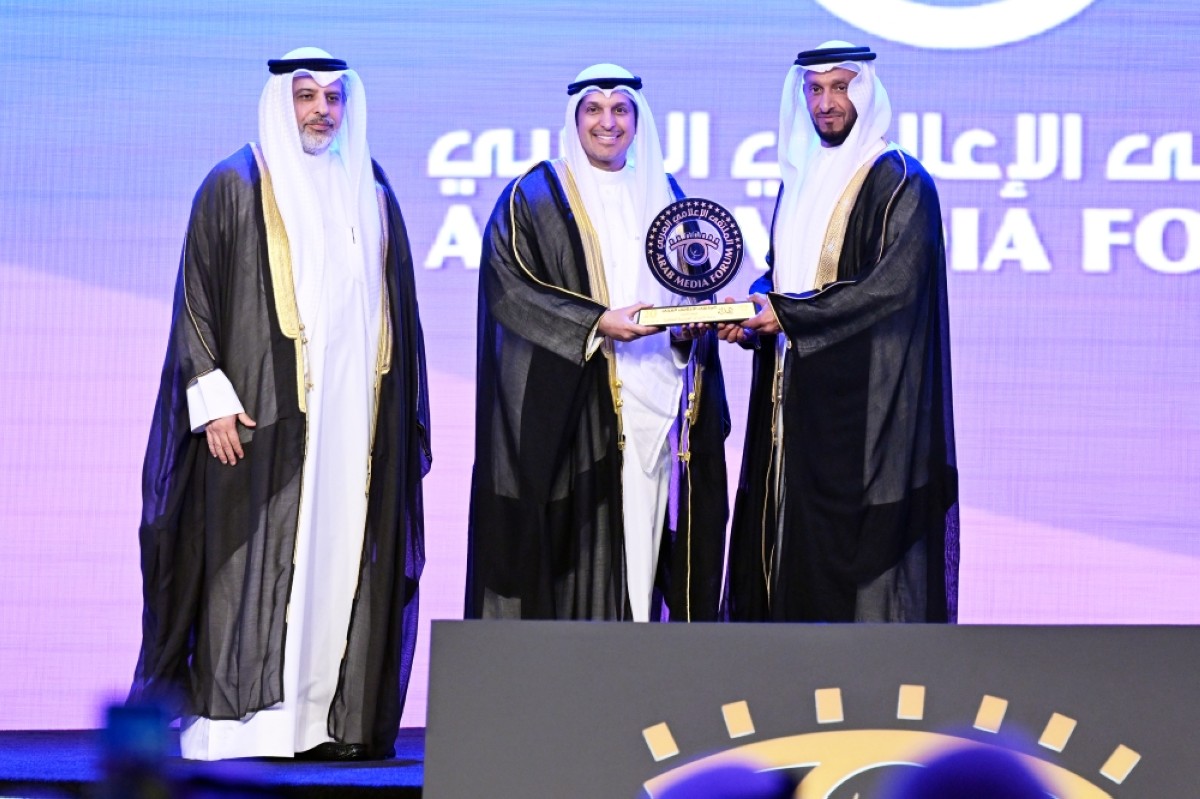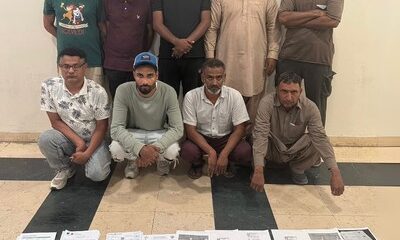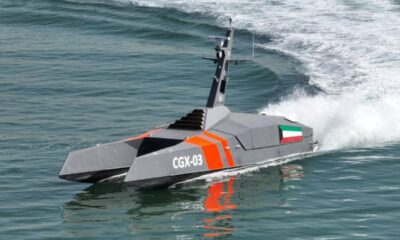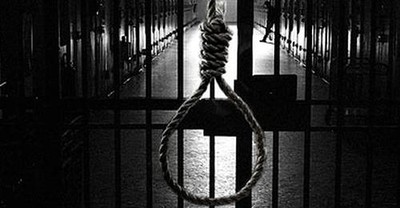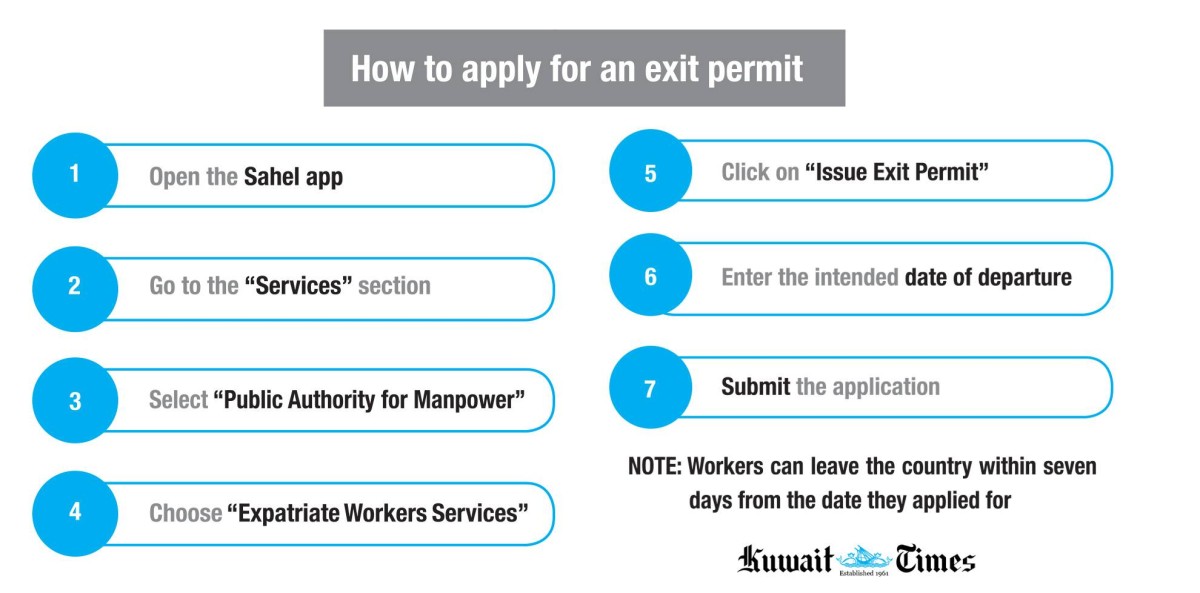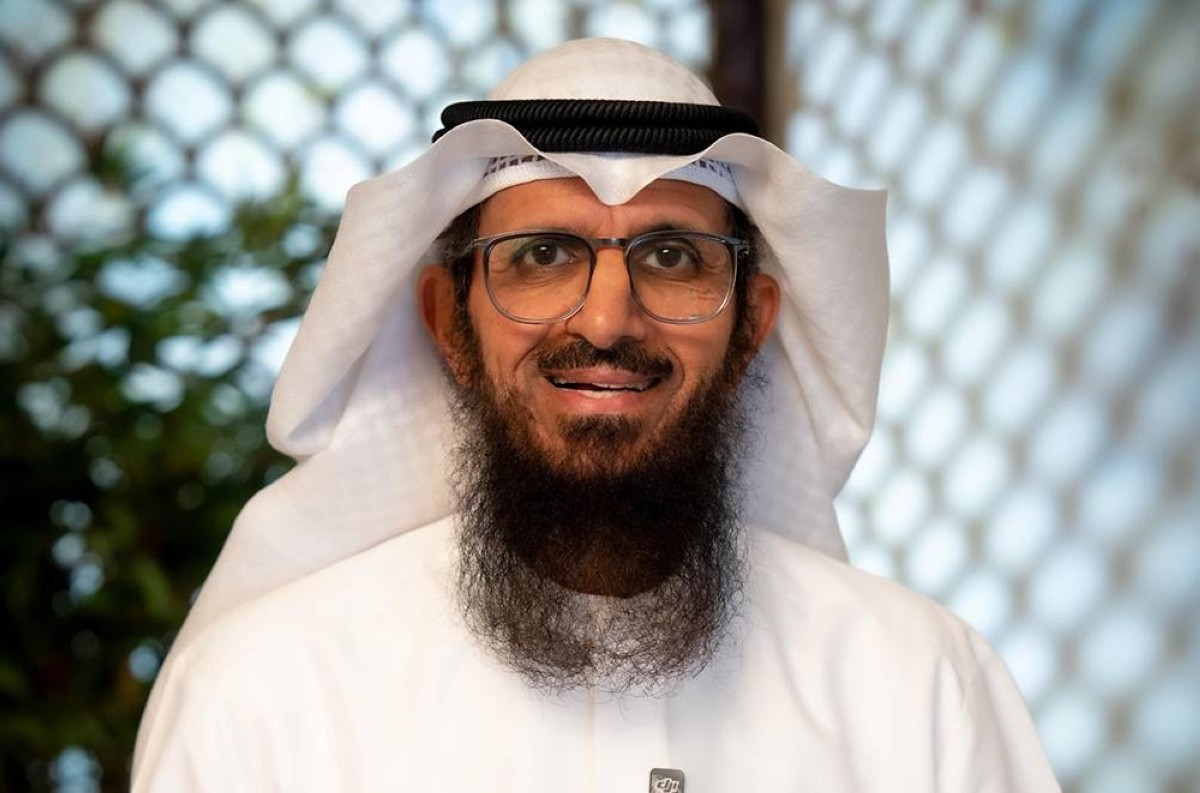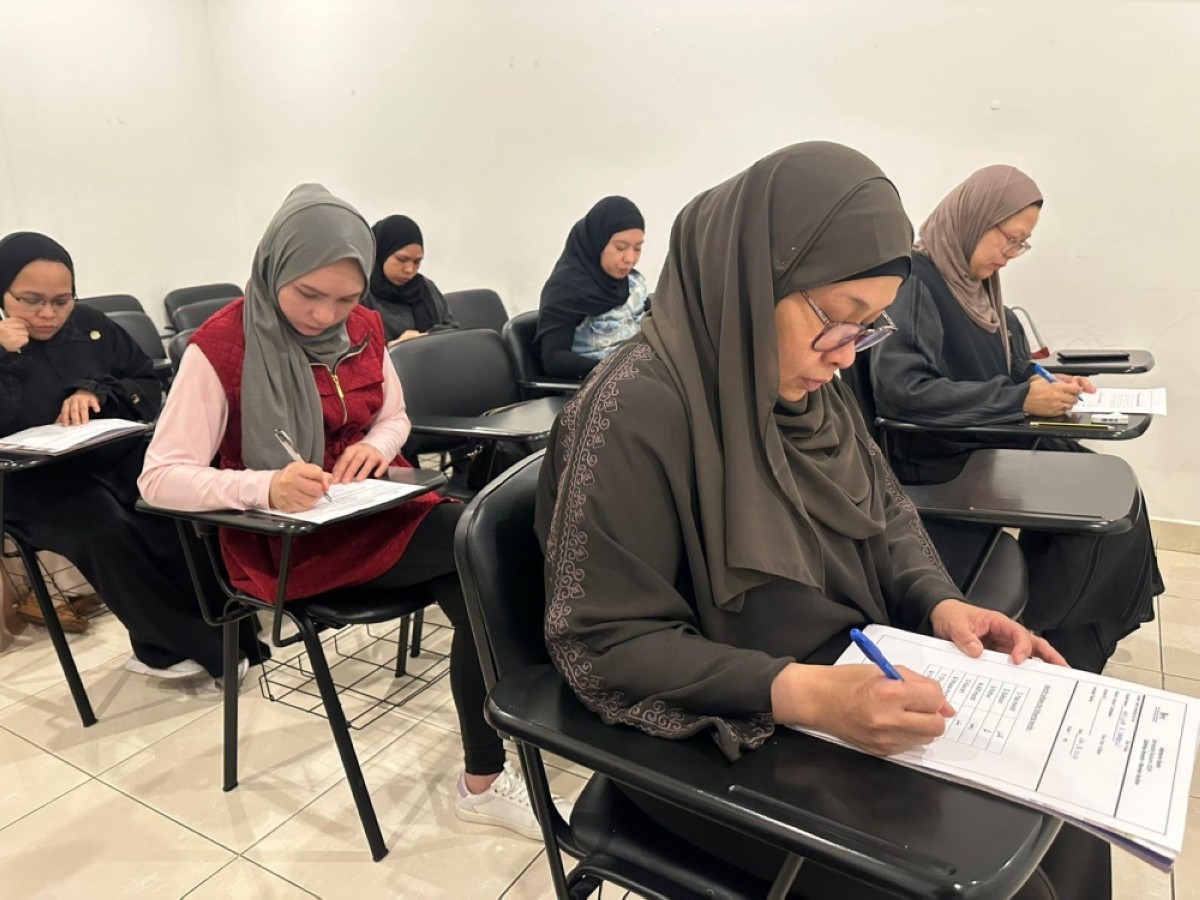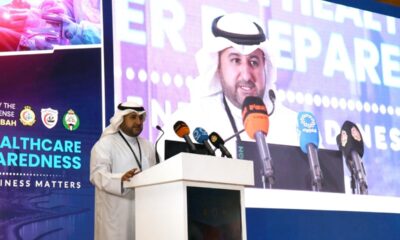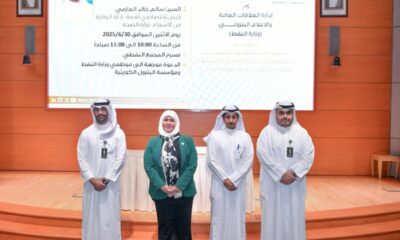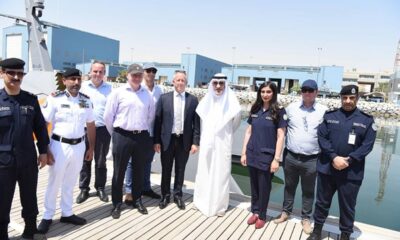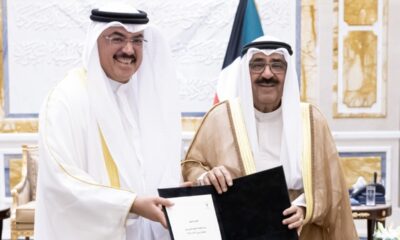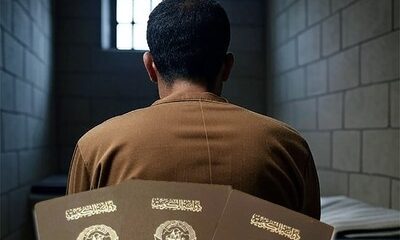KUWAIT: Although it has been three months since the end of Ramadan, Islamic da’wah in Kuwait is far from limited to the holy month. Through organizations like the Islam Presentation Committee (IPC) — one of the country’s largest and oldest da’wah institutions — outreach efforts continue year-round. Since its founding in 1987, IPC has helped more than 97,000 people embrace Islam, including 2,702 in the past year alone. With over 3.4 million expatriates living in Kuwait — many from diverse religious backgrounds — the country often becomes more than just a place of work.
For many, it becomes the first space where they encounter Islam in a meaningful way. IPC’s efforts extend beyond traditional settings like mosques and religious centers. Thanks to the organization’s efforts, this Ramadan Kuwait did experience a significant increase in conversions to Islam, marking the highest number of conversions in the past seven years. Approximately 730 individuals from various nationalities embraced Islam by the 29th day of Ramadan.
This achievement is attributed to the efforts of 78 male and female preachers and the success of the “Change Their Lives” campaign, which included lectures and the distribution of preaching materials across the country. Much of IPC’s outreach focuses on laborers and domestic workers, meeting them in everyday environments such as markets, salons, workplaces, hospitals, farms, labor inspection offices, and even deportation centers.
Following initial outreach, new reverts begin a structured learning journey starting with a “Basic Islam” course that covers essential beliefs and practices. As they progress, students can enroll in advanced courses on Quranic interpretation, Tajweed, Islamic jurisprudence, Prophetic biography, and Islamic history — all offered free of charge.
A new Muslim graduate receives a certificate after completing IPC’s Islam course.
A passerby stops at one of IPC’s field da’wah booths in Barayeh Al Salem, Salmiya.
Available in 14 languages
Arabic language classes are also available for non-native speakers, including non-Muslims who wish to understand Islamic texts or culture. IPC also supports lifelong Muslims, recognizing that many — especially those from non-Arabic-speaking countries — may never have had the chance to study Islam formally. “We don’t just teach the students — we create a community for them,” said Haya Alawadhi, head of IPC’s Salmiya branch. “A good circle of friends, emotional support from teachers and staff, and even financial assistance when needed.”
Many new Muslims face personal challenges — including separation from family and friends. IPC responds by fostering a family-like environment where instructors and fellow students offer compassion, inclusion and support. After carefully assessing individual needs, IPC also provides financial aid and job placement assistance to ease the transition. With lectures and materials available in 14 languages, the organization ensures accessibility for newcomers of all backgrounds. In 2024 alone, the committee recorded 8,455 students from 39 nationalities enrolled in its programs.
“We don’t call each other by titles”
“We don’t call each other by titles,” Alawadhi added. “We say ‘sister’ and ‘brother.’ You might find an American sitting next to an Asian or a European, and everyone is treated the same. If someone walks in with bias, it fades once they become part of this place.” To further its reach, IPC has expanded into digital outreach, offering social media campaigns, interactive online lectures, and Islamic content to engage younger audiences and remote learners.
IPC’s da’wah efforts are not limited to blue-collar communities. The organization also engages diplomats, professionals, and high-profile guests, presenting them with traditional Kuwaiti gift boxes that include a translated Quran, a tourism brochure, and Islamic educational materials. In 2024 alone, IPC organized around 881 training courses. Alawadhi also shared that IPC trains new Muslims to become future Islamic educators and preachers. “Some of our most active preachers today were once IPC students who converted to Islam,” she added. IPC runs around 14 branches and centers that are spread across Kuwait’s governorates.




